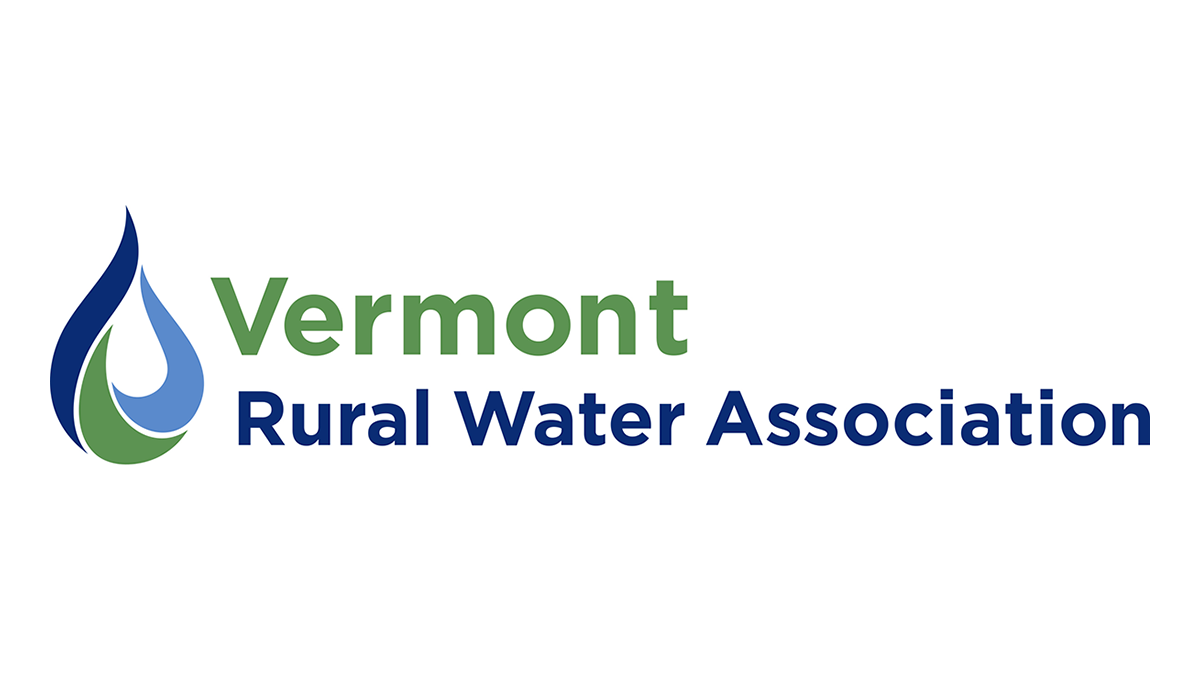Program to provide job training, new employees to state’s utilities
Like many industries in Vermont, water utilities are facing a worker shortage. Many operations specialists at drinking water and wastewater treatment plants across the state are approaching retirement age, and there are not currently enough trained professionals to fill their places.
The Vermont Rural Water Association is spearheading an apprenticeship program to train the next generation of water and wastewater operators in communities throughout Vermont.
This program will provide water utilities with the new employees they need as well as providing job training—and an alternative to an expensive college education—to Vermonters.
Operators of drinking water facilities provide safe drinking water to the public. Operators of wastewater treatment plants ensure that clean, treated water is released back into the state’s rivers, lakes, and groundwater.
These water utilities are responsible for protecting the health and safety of Vermont’s communities and environment. This is especially important now as the state begins new regulations of contaminants like PFAS and water resources are impacted by climate change.
Vermont Rural Water is currently recruiting qualified candidates for the apprenticeship program. Apprentices must have a minimum of a high school diploma or equivalent. The apprenticeship is a two-year, full-time position, during which apprentices will be paid a salary.
“It is important to find and recruit individuals who have passion and willingness to give their all to the profession,” said Paula Jackson, Apprenticeship Program Coordinator at Vermont Rural Water. “The more educated water and wastewater professionals are, the more positive changes take place at each facility across Vermont and the better the water quality at the tap.”
Apprentices will receive 288 hours of classroom instruction and 4,000 hours of on-the-job training.
In the classroom, they will learn the chemistry, microbiology, environmental science, and mechanics needed to operate a drinking water or wastewater treatment plant. The cost of this education is paid by the apprenticeship program.
At the treatment plant, apprentices will train under water quality professionals to learn the operations of the facility.
The shortage of water utility employees is not unique to Vermont. Communities across the nation are having a hard time recruiting the next generation of water and wastewater operators. In the next five to ten years, more than half of the most skilled water professionals will retire, taking decades of institutional knowledge with them.
Similar apprenticeship programs, in partnership with the National Rural Water Association and the Department of Labor, have been established in other states. Vermont’s program is the first in New England.
If you are a water or wastewater utility that is interested in hiring an apprentice, or an individual interested in becoming an apprentice, contact Paula Jackson, Apprenticeship Program Coordinator at the Vermont Rural Water Association at 802-660-4988 x332 or pjackson@vtruralwater.org.

